Bogor, MINA – The Indonesian humanitarian organization Aqsa Working Group (AWG) conveyed a statement regarding the prolonged crisis that occurred in Yemen as a form of humanitarian responsibility.
First, to call on all parties to the conflict to immediately stop fighting, hold a ceasefire and carry out reconciliation for the realization of national, international and global peace.
All parties should uphold and prioritize the values of peace, humanity and human rights compared to political interests which obviously only prolong the period of war and create a prolonged humanitarian crisis.
Second, calling on the coalition led by Saudi Arabia to stop military campaigns in the form of air strikes and supplies of weapons to one of the warring parties.
Also Read: UNIFIL Reports Over 7,300 Israeli Violations of Lebanese Airspace Since Ceasefire
On the other hand, the coalition should carry out persuasive mediation to actively seek the best solution in order to create peace in Yemen. It must be realized, after all these years, the coalition took responsibility for the destruction of Yemen.
Third, urge the OIC to take a role in resolving the conflict in the Yemen War. The Yemeni crisis can be a momentum to prove that the existence of the OIC has truly benefited the Islamic world.
Fourth, calling on the leaders of Islamic countries and the Muslim ummah in general that the suffering of Muslims in a place or country is the responsibility of all Muslims as one inseparable body. Indeed, all Muslims throughout the world are brothers (Surah Al Hujuraat: 10).
Fifth, support the calls of the United Nations and the Indonesian Ulema Council to help the Yemeni population suffering from hunger due to the prolonged war, and appeal to the Government of the Republic of Indonesia to be able to take steps strategic and concrete in assisting efforts to resolve the Yemen War and assist in handling the humanitarian crisis resulting from the Yemen War, in accordance with a free and active foreign policy.
Also Read: Russia Condemns UN Gaza Resolution, Says It Contradicts Palestinian Statehood
Sixth, calling on all national components to welcome the call of the Indonesian Ulema Council to immediately conduct socialization, collect and distribute the necessary humanitarian assistance to the Yemeni people.
Aqsa Working Group will continue to collaborate with various elements to welcome the call.
The war that occurred in Yemen has been going on since 2015 until now.
The civil war, which initially involved only two groups in the country, has expanded with the involvement of several countries. The Yemen war, which the United Nations has called the worst humanitarian crisis, has become the arena of feud between the two major blocs.
Also Read: Israeli Airstrike on Palestinian Refugee Camp in Lebanon Kills 13
A Saudi-led military coalition with the backing of the United States and the United Arab Emirates is waging war against Houthi rebels allegedly backed by Iran.
The intervention from various countries has raised suspicions about the hidden agenda of the conflict. From a geopolitical point of view, this conflict is strategic for the interests of the countries involved, thus prolonging the course of the conflict and making it difficult to achieve a resolution for the Civil War in Yemen.
The impact of the Yemen War is of course very bad for human civilization, in addition to very large physical and infrastructure losses. The Yemen war has claimed the lives of more than 70,000 people (ACLED 2019) and more than 3 million Yemenis have to flee (unrefugees.org 2019).
In addition, the Yemen War has resulted in a prolonged famine, UN data shows that as many as 2.3 million children under five are threatened with hunger, 400 thousand children aremalnourished, 1.2 million pregnant women are malnourished. Save the Children data shows this figure has increased by 52 percent from July-Dec 2020. (T/RE1)
Also Read: UN Security Council Adopts US-backed Resolution to Deploy International Force in Gaza
Mi’raj News Agency (MINA)






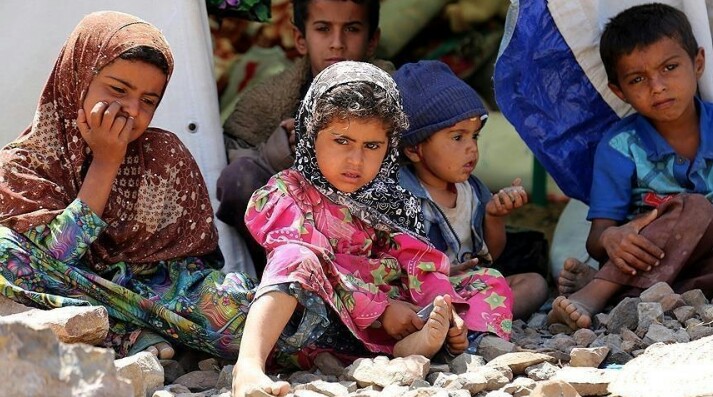

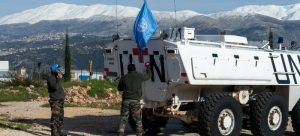
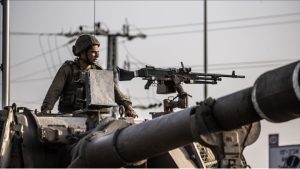


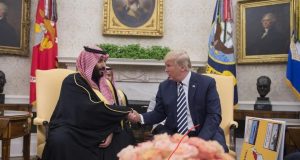

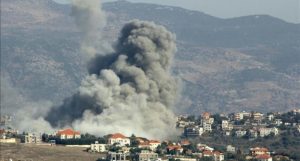

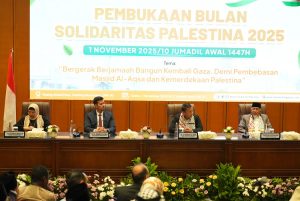
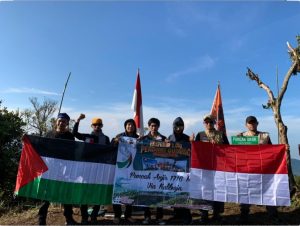
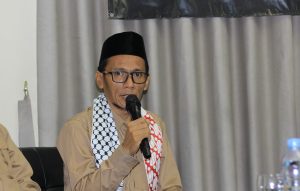

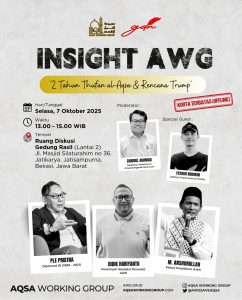
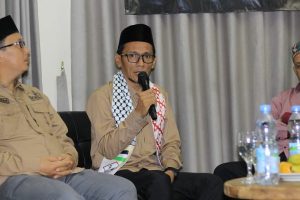













 Mina Indonesia
Mina Indonesia Mina Arabic
Mina Arabic